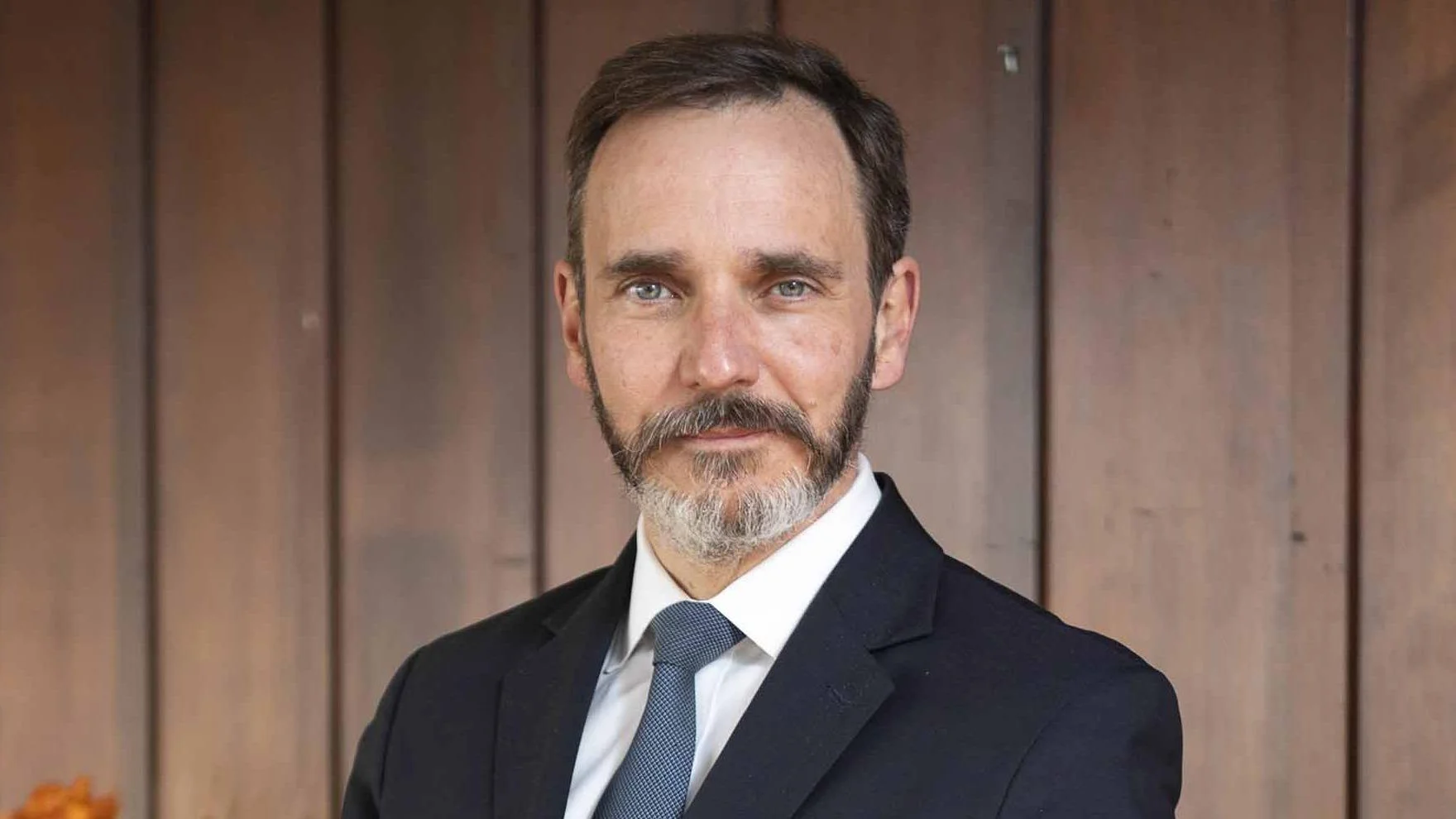An International Monetary Fund (IMF) team, led by Gavin Gray, conducted discussions with Ukrainian authorities in Kyiv from May 20 to 27 regarding the Eighth Review of Ukraine's Extended Fund Facility (EFF) Arrangement. Following these discussions, Mr. Gray stated that a staff-level agreement has been reached, pending approval by the IMF Executive Board.
The four-year EFF Arrangement is designed to support Ukraine's economic program amid ongoing uncertainty. All performance criteria and targets for March have been met, and progress on structural reforms continues. Despite challenges from the prolonged conflict with Russia, Ukraine's economy shows resilience with an expected GDP growth of 2-3% in 2025. Inflation rose to 15.1% year-on-year in April due to rising food and labor costs, prompting the National Bank of Ukraine (NBU) to increase policy rates.
Ukraine faces a significant fiscal deficit in 2025 due to elevated war-related expenditures, necessitating substantial external support from initiatives like the G7’s ERA Initiative. The authorities are urged to prepare for potential expenditure shocks and focus on mobilizing domestic revenues as external support alone will not suffice for long-term fiscal sustainability.
Efforts are needed to enhance revenue collection, combat tax evasion, and improve investment conditions through broad-based revenue measures and effective implementation of Ukraine’s National Revenue Strategy. Tax policy reforms should be accompanied by improvements in tax administration and customs services.
With inflation rising, further action may be required if inflation accelerates or expectations worsen. The exchange rate should act as a shock absorber while maintaining adequate reserves through careful FX liberalization.
Governance reforms remain crucial for strengthening anti-corruption efforts and judicial independence. Reforming the state customs service is necessary to tackle corruption effectively. Progress requires finalizing reform plans and appointing a permanent head of the SCS.
Effective public investment management is vital for post-war recovery within limited fiscal space. Ukraine has made strides in this area but must continue building on these successes strategically.
The financial sector remains stable but vigilant monitoring is necessary given elevated risks. Addressing institutional challenges within the NSSMC is essential for enhancing effectiveness and attracting private capital for reconstruction efforts.
During their mission, IMF representatives met with key Ukrainian officials including Prime Minister Shmyhal, Finance Minister Marchenko, NBU Governor Pyshnyy, among others. They expressed gratitude for the collaboration during these discussions.

